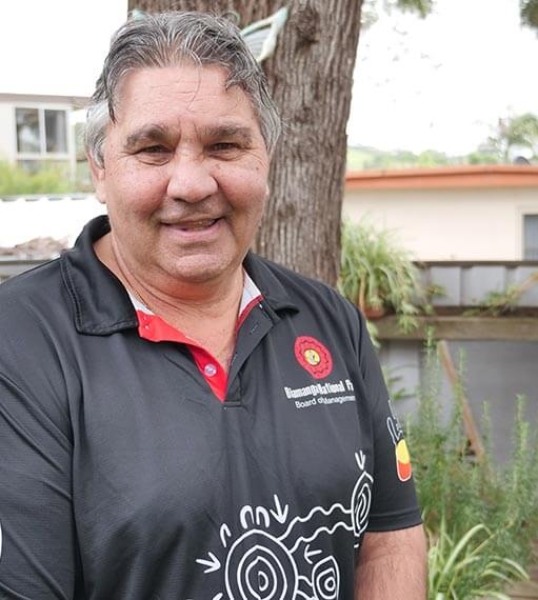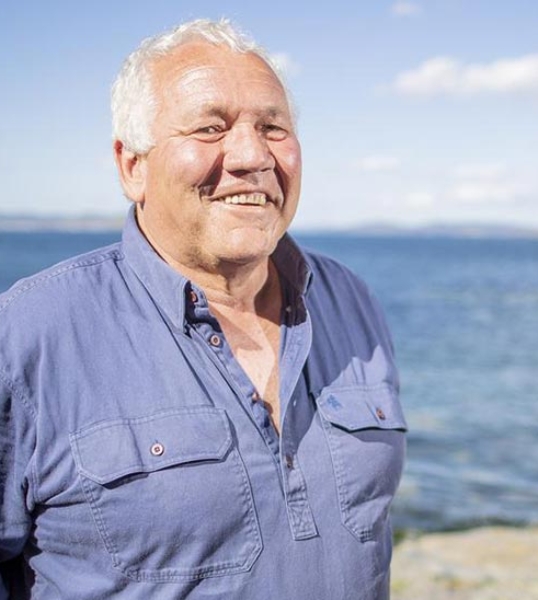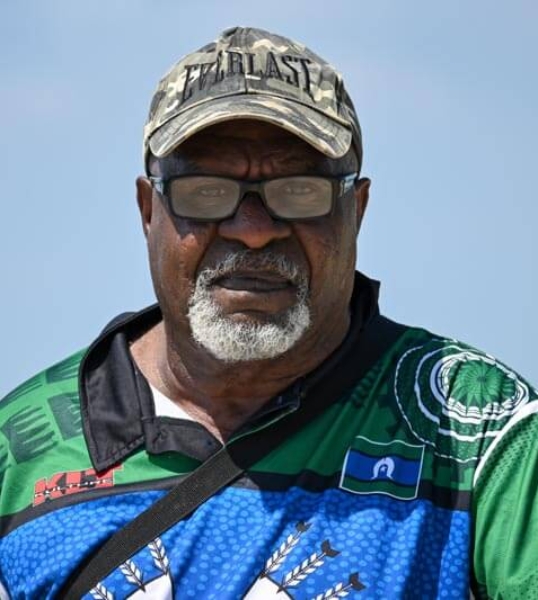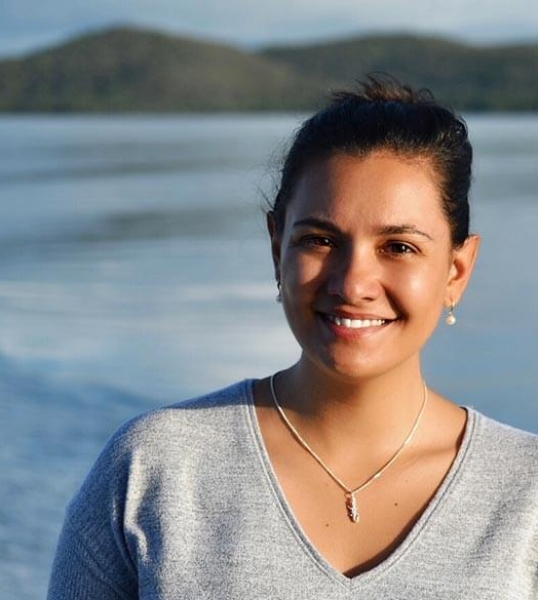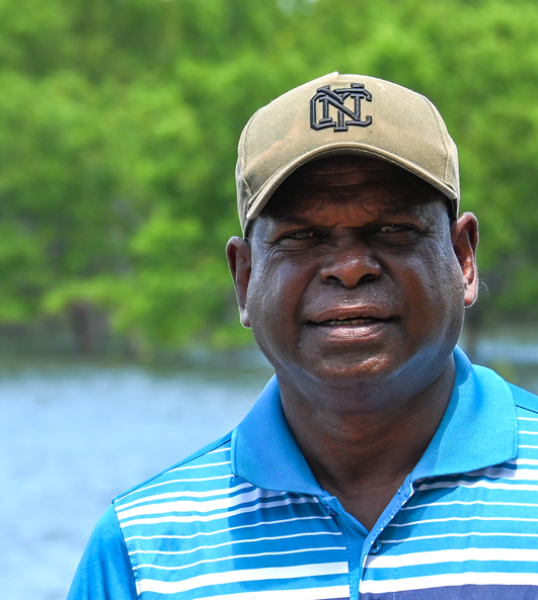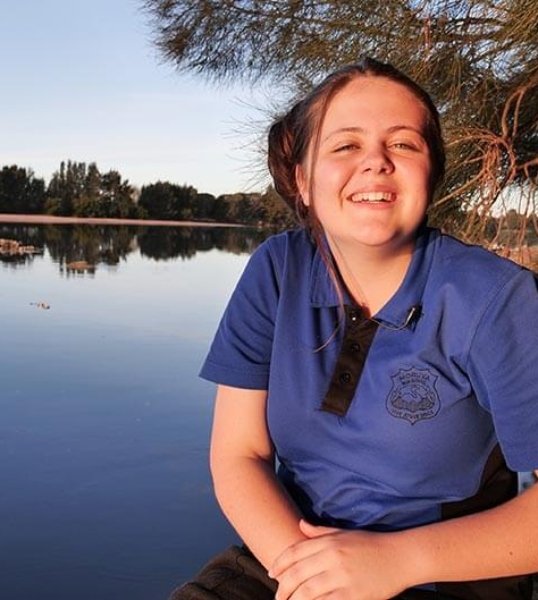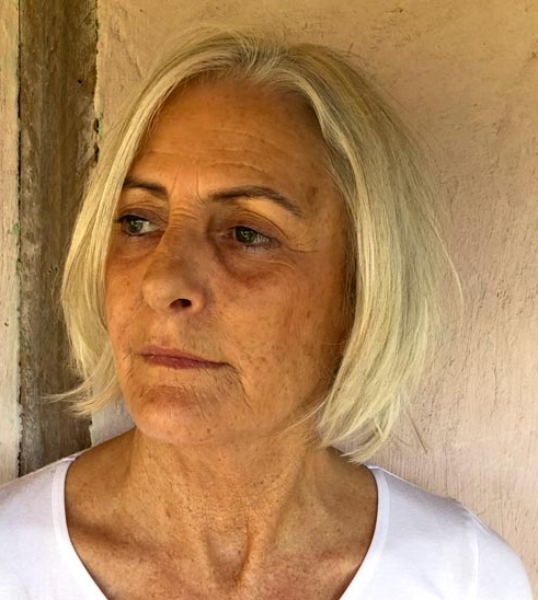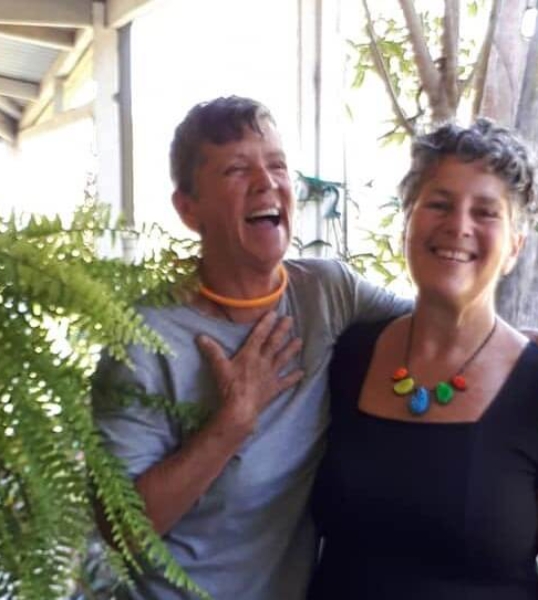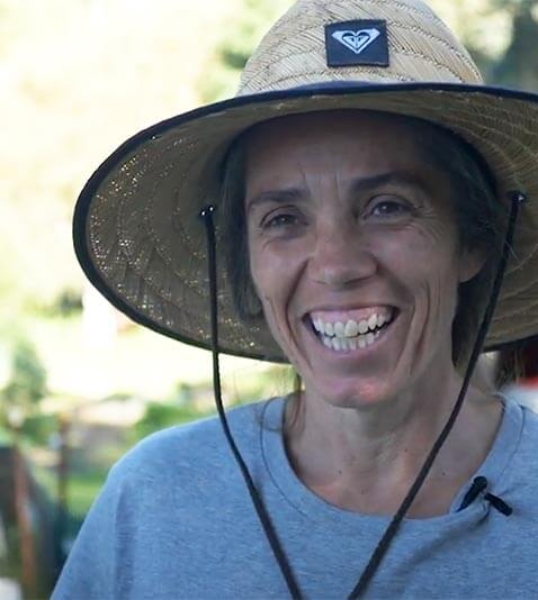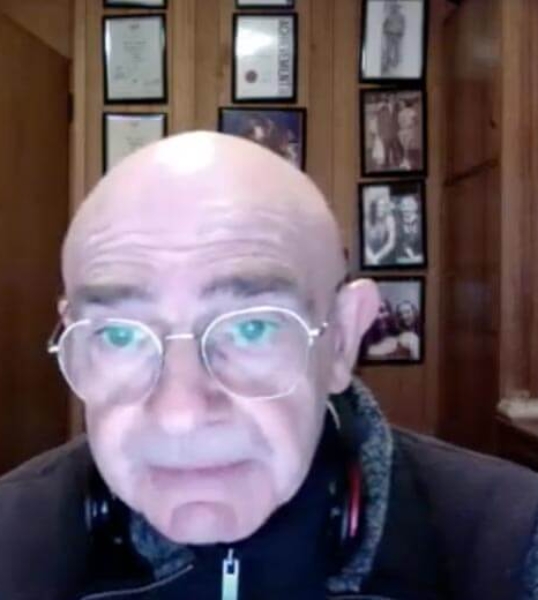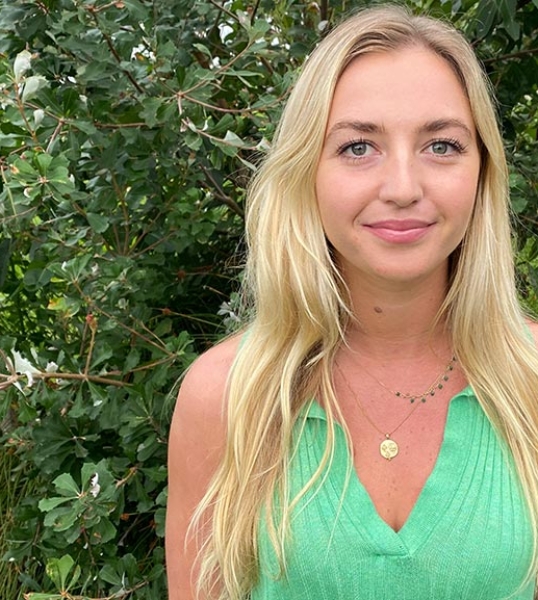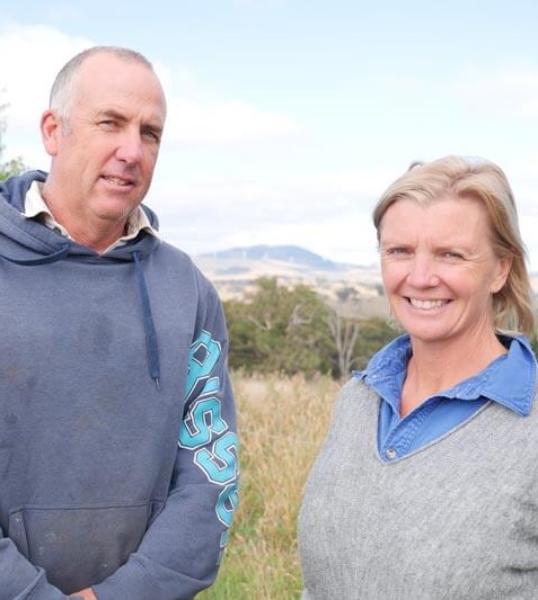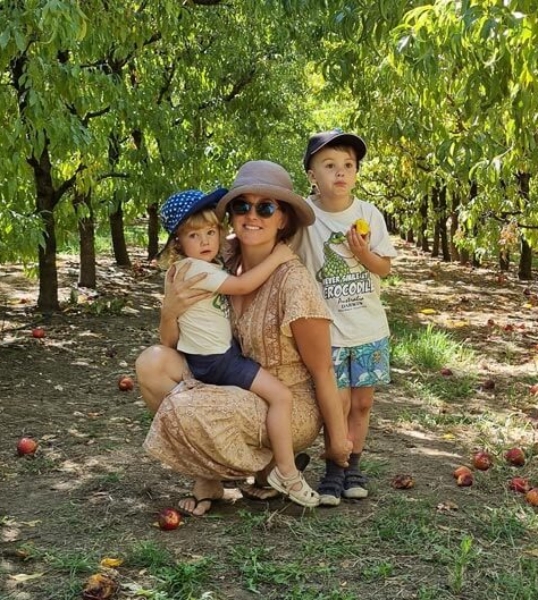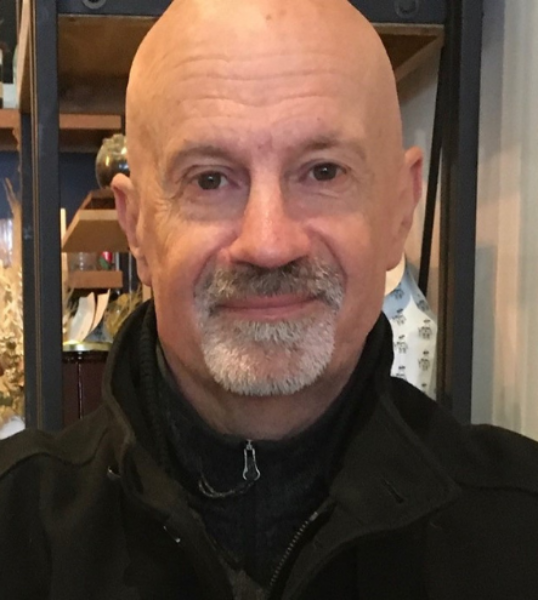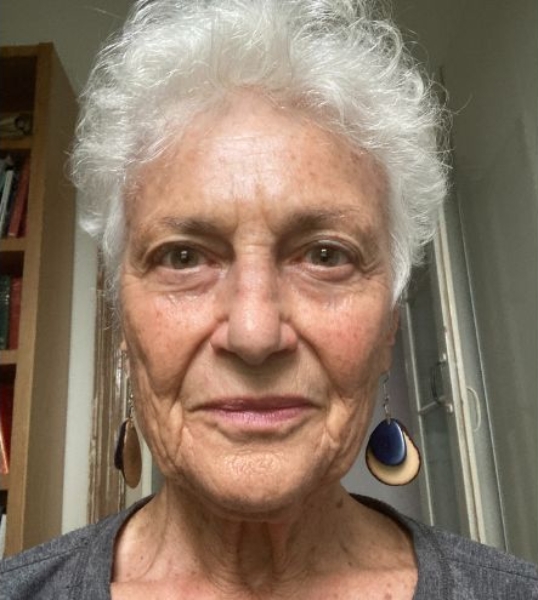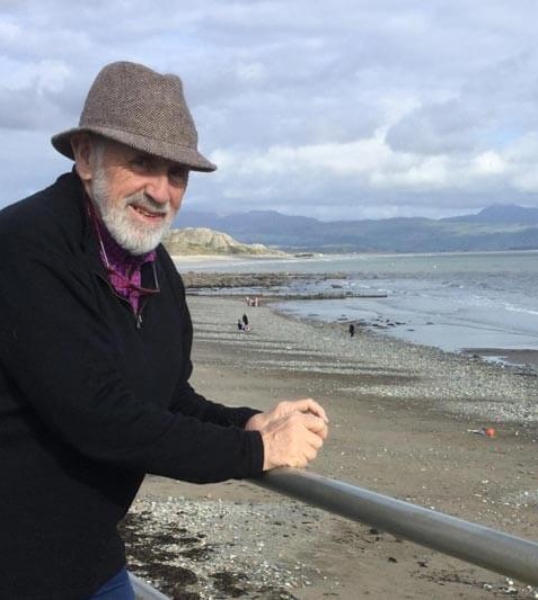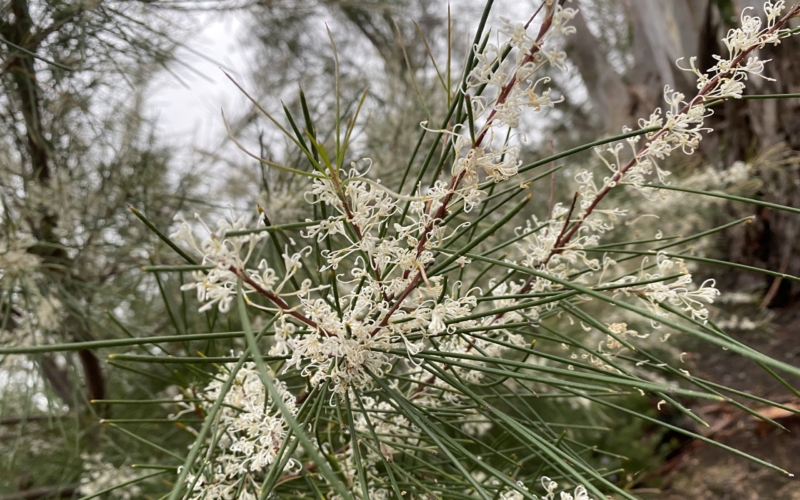

There's been a significant decline in birdlife in my backyard. Where a few years ago, I was woken by the cacophony of bird noises at the break of day from the nearby Merri Merri Creek, the sound of birds, more generally, is much subdued, as well as sightings of wildlife, such as lizards and rakali.
Coburg, VIC
I’m a resident of Coburg, living on Wurundjeri country in Narrm, Melbourne. Over the last 5 years or so, I’ve experienced and observed the impacts of climate change and ecological degradation locally, from the heatwaves and wildfires of 2019, which inundated Melbourne with smoke from bushfires across NSW and Vic, to the global pandemic of the last 2 years, caused by zoonotoc viruses, spread as a result of human intervention with wildlife. The impacts to health, mental health in particular, are increasing, particularly, and understandably, for young people.
There’s been a significant decline in birdlife in my backyard. Where a few years ago, I was woken by the cacophony of bird noises at the break of day from the nearby Merri Merri Creek, the sound of birds, more generally, is much subdued, as well as sightings of wildlife, such as lizards and rakali. I watch the news and see the impacts of storms and floods in regional Victoria, and beyond, in Northern NSW and Qld. The list goes on. There are rigorous IPCC reports tracking local and global impacts of climate change and local reports on the dire state of our ecology from over 200 years of treating this country and its First Nations people with violence and disrespect.
The Australian Government needs to take stronger action on climate, the recent plan to reduce emissions by 46% by 2050 is a start but it’s not nearly enough, and needs to ramp up to care for any semblance of life on this planet, not least human life.
Hundreds of people from across the country are sharing their stories to send a clear message to the Australian government - it's time for real action on climate change.
Every story appears as a point on this map. Click around to read how climate change is affecting our communities, and add your own story to the map.
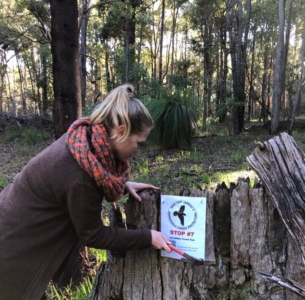
I am surrounding by an ocean of drowning trees. They are not drowning in water, they are thirsty for it. Brown as scabs and waving like flags throughout the forest, on roadsides, and in backyards, Endlessly and silently gesturing to all of us. You can see them out of the corner of your eye, Niggling at the edge of our thoughts, As we relentlessly drive on without changing lanes, slowing down or coming to a stop. If we did that, we would have to turn and look. Like properly look, Noticing something for the first time that has been there all along. The forest that is, which has existed and perfected its survivorship over thousands of generations. We call it the Jarrah forest, and it is found nowhere else in the world. It has loved and nurtured the people of the south west of WA, Without question and without asking anything in return. It has given breath to our lungs, pure water for drinking and sacred footpaths to tread. It could have lasted forever if we had chosen to tread carefully, And looked after it like we would our own kin. The least we could have done is look after it. The sheer number of dying trees is new, and that’s what’s waving to us, As they are drowning in the hot, dry air; New saplings that have germinated after a brutal ‘controlled’ burn, Right before the rain stopped in spring last year. It’s barely rained since, And the tender young plants cannot reach water in time to survive through summer. We are nearly two thirds of the way through autumn, And still it feels like summer. We will get rain soon, And we will enjoy the lush, earthy smells and green tones, That will please our eyes and calm our minds. The new brown scabs will remain, Reminding us of the groundwater that we can’t see, That has been depleting every year. It will remain out of reach for the old, old trees, Not just the young saplings; The grandmothers of the landscape are dying. First you see the grey-green crown start to fade, And then turn yellow, And then brown, like weak tea. Without the elders and the saplings, What is left? And what will come next? Not air for our lungs. Or water for our bodies. Or shaded footpaths. The forest will no longer be safe. Just one word, and you will know; Fire. Everyone who thinks that we don’t need the forest to survive, Will realise too late. Or perhaps they don’t think at all. Or perhaps they know, and they choose to ignore. Or perhaps they think that we have dominion over the forest, And it is there to take from what we want, And the consequences are too far in the future to worry about now. Except they are not. Those poor, drowning trees. Not drowning in water, thirsty for it. Not waving, but drowning in the hot, dry air.
Read my storyPeople all across Australia are being harmed by climate change. These are some of their stories.
